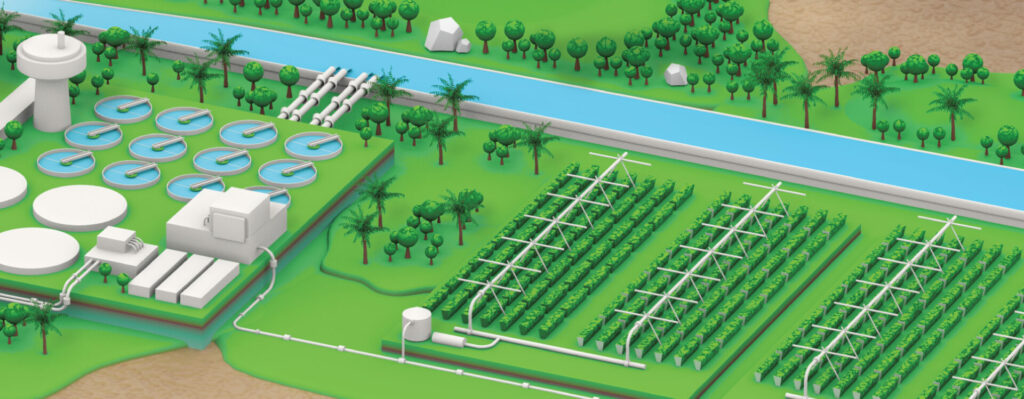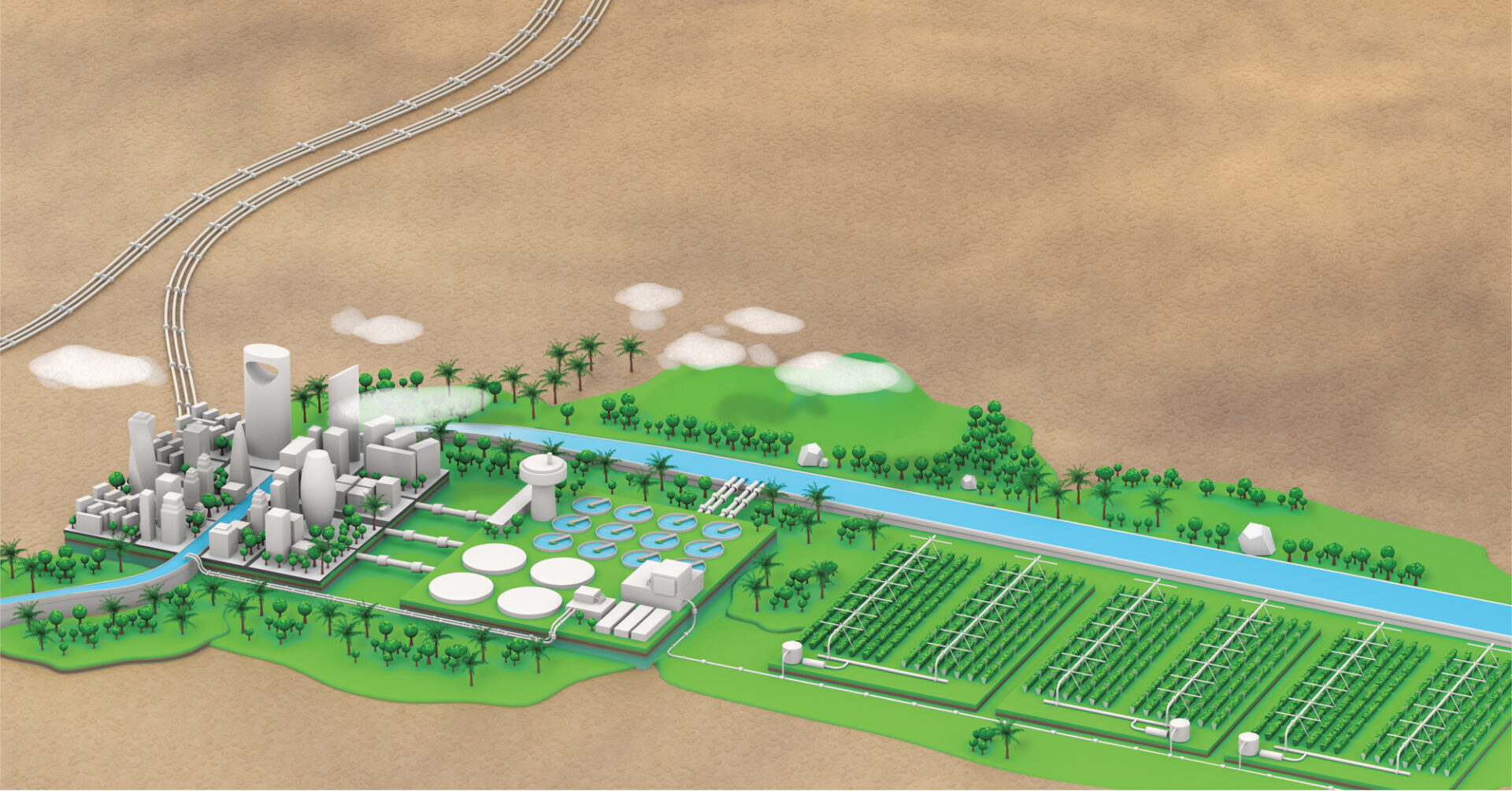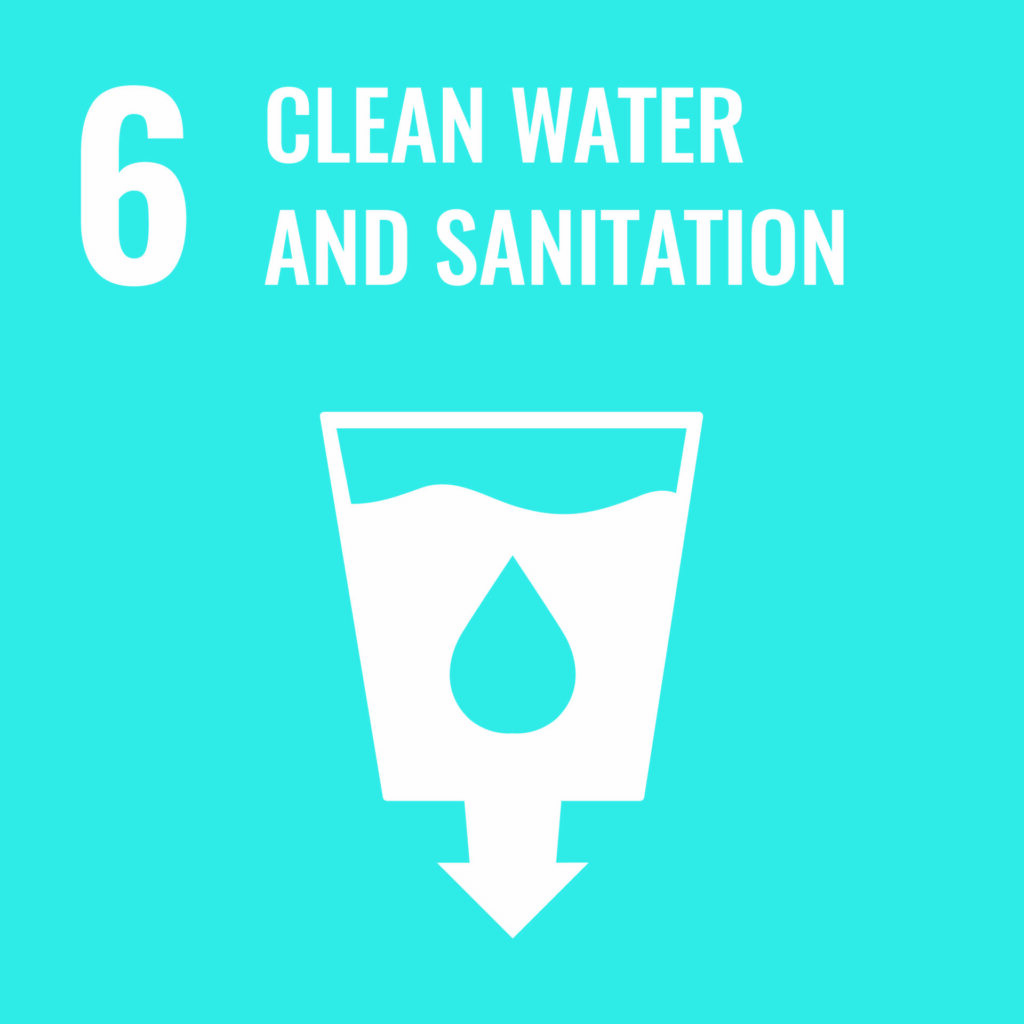Water scarcity is a significant global threat that will be further exacerbated by climate change. One solution, suggests microbiologist Peiying Hong, is the reuse of high-quality treated wastewater, which can have uses from domestic consumption to irrigation for crops or landscaping.
“Desalination has helped Saudi Arabia and many other dry, arid countries in the region to achieve national water security,” explains Hong, “but the treatment of our wastewater, which should not really be viewed as ‘waste’ water, can also help our water security.”
There are treatment options that can clean wastewater to a level that is even purer than our surface water or groundwater, says Hong. “Technologies like membrane separation processes that use reverse osmosis membranes can basically strip out almost everything in the wastewater except for the water molecules. The treated wastewater can then be reused again, even for drinking water purposes.”
Hong’s interest in wastewater began during her Ph.D. in Singapore. “Working with fecal samples from animals and humans, I learned the fascinating insights fecal microorganisms provide to host health,” says Hong, “Over the years, I worked with a variety of fecal material, which is what most wastewater is basically made up of.”
“We develop technologies that are able to clean wastewater in a very energy efficient manner so that we can achieve high-quality wastewater in a sustainable way,”
Hong’s research team focuses on improving processes for the reuse of wastewater. “We develop technologies that are able to clean wastewater in a very energy efficient manner so that we can achieve high-quality wastewater in a sustainable way,” Hong explains. “We also study emerging microbial contaminants that might be present in wastewater and look to technologies to remove those contaminants to ensure the water is safe for reuse.”
When the COVID-19 pandemic arose, Hong’s research on wastewater pivoted to understand this new health threat. Her team had already been sampling urban wastewater throughout the years to see what microbial lessons emerged. “I always try to look into wastewater like a detective. I try to understand what type of microbial contaminants in terms of bacteria and viruses may be present. Then, potentially, we can help predict the next public health outbreak that might happen within the community,” she says.

Early in 2020, her team was quickly able to begin sampling wastewater for the presence of the SARS-CoV-2 virus.
Sampling close to home helped KAUST to manage the virus on campus. “We monitored KAUST wastewater for the abundance of SARS-CoV-2 RNA to observe any temporal trends and determine if there was a spike in infection rates within the community,” says Hong. “This meant we could provide timely information to help decision-making processes.”
Also, as interest surged in the potential of wastewater to act as a community’s early warning system to detect SARS-CoV-2 RNA, Hong’s team was able to show how many cases would be needed for the virus to be detected.
The health and lifestyles of a community are captured in wastewater. “I continue to marvel about what information this sample type can tell us,” Hong says.
“What we need now,” she continues, “is more outreach to relevant stakeholders to improve understanding of the potential of this research and learn how to interpret and make use of the findings.”
“What we need now,” she continues, “is more outreach to relevant stakeholders to improve understanding of the potential of this research and learn how to interpret and make use of the findings.”


